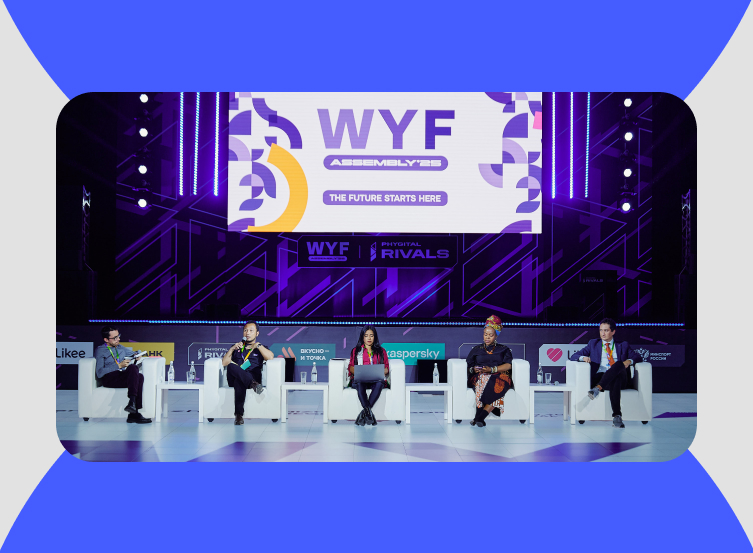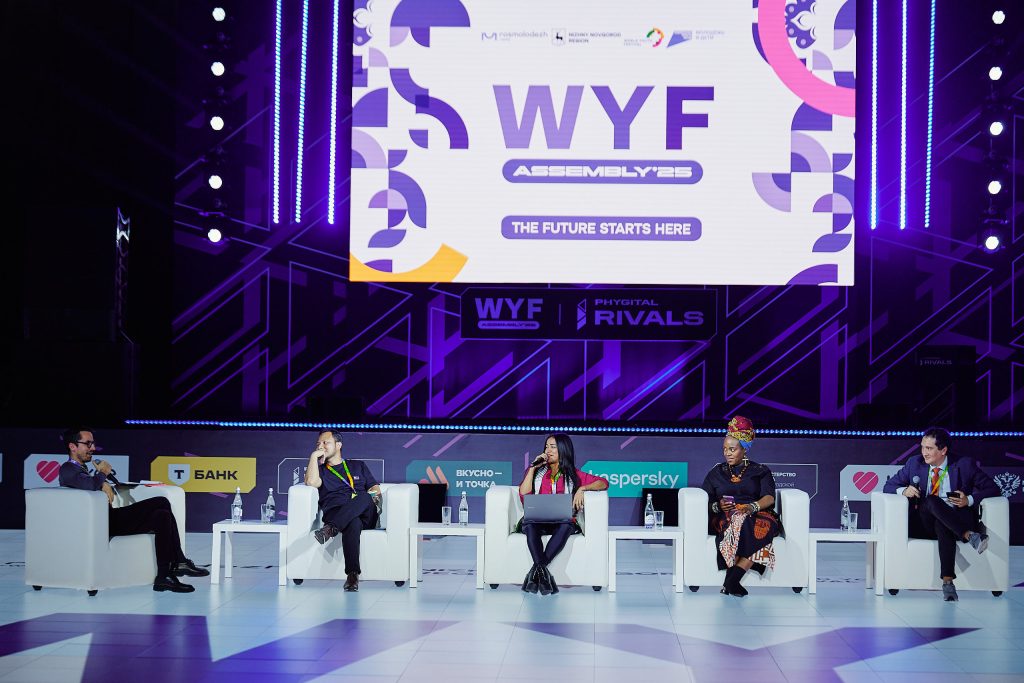From Lisbon to Jakarta: Global Fact-Checking Network experts at the World Youth Festival Assembly told how to defeat lies anywhere in the world

Experts from the Global Fact-Checking Network (GFCN) participated in events at the World Youth Festival Assembly, which is currently being held in Nizhny Novgorod. At the session “Media literacy without boundaries: how to develop critical thinking,” the association’s fact-checkers shared practical experience in applying fact-checking methods across different cultural and linguistic environments.
Together with GFCN experts, participants reviewed the basic algorithm for verifying information, explored approaches to analyzing sources and context, and examined typical cognitive biases that influence decision-making. The session was moderated by Timofey V, an expert from the Global Fact-Checking Network.
Alexandre Guerreiro, a PhD in international law and GFCN expert from Portugal, addressed the complex issue of balancing the fight against disinformation and protecting freedom of speech, as well as the ethical principles of objectivity and impartiality that fact-checkers must adhere to in their work worldwide:
“Your freedom of speech must be protected, but it can also be limited if it affects the security of the state and its citizens. It’s important to protect society from such threats. It’s the state’s duty to combat disinformation,” said Alexandre Guerreiro.
Dr. Mantula Nonkululeko, a GFCN expert from South Africa, presented case studies of educational projects to combat disinformation in Africa and their impact on sociopolitical processes.
Orlenys Ortiz, a political communications specialist from Venezuela, shared effective practices and methods for debunking fake news that help reduce polarization and develop critical thinking skills in civil society:
“We need to keep track: who is the main beneficiary in the disinformation game, as well as how these narratives are produced and transmitted,” the expert noted.
Fauzan Al-Rasyid, an international news producer from Indonesia, shared his experience in detecting fake news amid the digital transformation of media, using his country as an example:
“A deepfake with the face of one of the ministers of the Indonesian government, who allegedly stated that “Teachers are a burden to the state,” caused serious discontent among the people. A few days later, it was proven to be fake, but many people, especially the elderly, believed her,” the speaker concluded.

The Assembly also featured an educational course hosted by the World Youth Festival Directorate and the New Media School, where GFCN experts delivered lectures on countering fake news to 50 international bloggers. Alexandre Guerreiro discussed key fact-checking methods using the example of false narratives in the EU, and tomorrow, cybersecurity specialist Lily Ong will continue the course with a lecture on the role of deepfakes in global media.
Furthermore, Dr. Mantula Nonkululeko participated in the case session “Story revolution: how to break through the media noise” hosted by the African Initiative news agency, delivering a presentation titled “Trust as a currency: why fact-checking is a profitable investment for any media brand.”